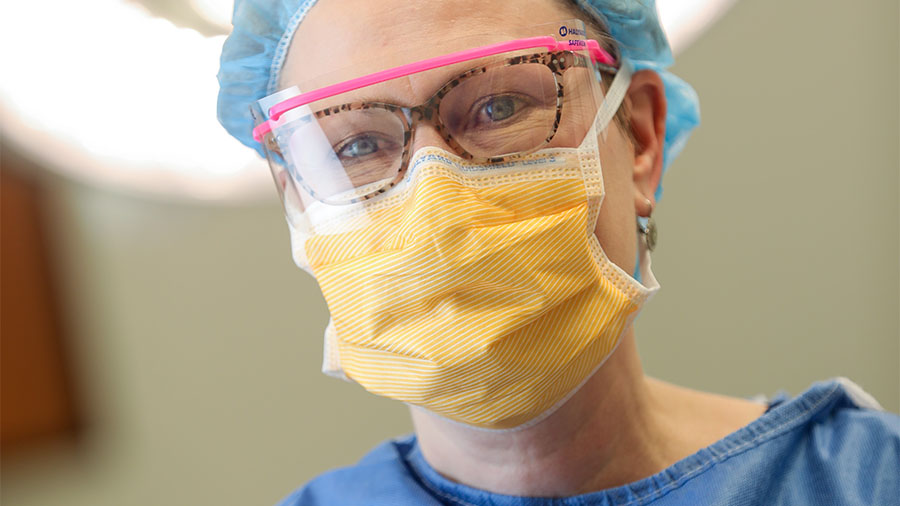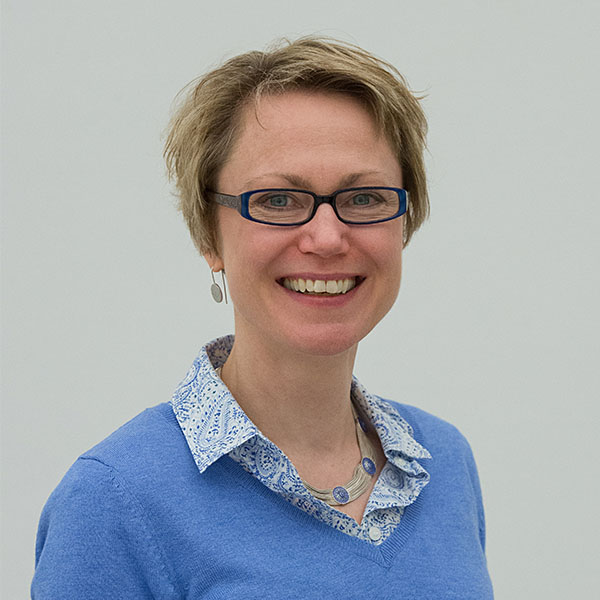Voices for change: Celebrating diversity within the AO

With a 33-year career in nursing under her belt, AO Access faculty and leader development task force member Nicola “Nikki” Kildea says treating OR peers with respect, dignity, and good manners can go a long way toward shaping a diverse and inclusive global community of health care professionals and—in the long run—will benefit patients.
Kildea today is a clinical nurse in the orthopedic trauma and emergency theater at Royal Adelaide Hospital, South Australia’s largest public hospital. She relishes engaging with patients and working as a team.
Giving help from the bottom up
“I enjoy problem solving and helping on the surgical side of things. I also love giving all of the support I can to the patient and my team—giving help from the bottom up,” she says. “I would hope that anyone on the surgical team could ask me anything, including tips and tricks, because the patient is the most important person in the room and we are all there to support the patient.”
Supporting her colleagues—from porters and junior nurses and doctors to surgical consultants—is enormously important to Kildea. Over the course of her career, she has seen it all, from the profession’s boundless opportunities to support patients and the satisfaction of working in a team to the inequities that operating room personnel (ORP) face in the pressure-cooker atmosphere of the operating theater.
“When you are young in your career, it can be scary to be in the operating room, under all that pressure, and it’s wrong when—for example—you have a surgeon or senior nurse yelling at you,” she explains. “We need to support our residents and junior nurses because they’re our next generation of surgeons and senior nurses—and when a consultant yells at me or someone on the team about something we haven’t done, I pull the surgeon up on it discreetly. ‘Can you please explain what you’re doing? That would be very beneficial to this person.’ At the end of the day, it’s all about the patient.”
‘Not getting better fast enough’
Kildea sees nurses as a diverse group in terms of ethnicity, gender, and sexual orientation, but less diverse at the management level, and even less so in terms of female orthopedic surgeons.
“It is getting better, but it’s not getting better fast enough,” she says. “I try and support the female orthopedic surgeons because I’ve seen them treated appallingly by male surgeons.
Kildea’s enthusiasm for acting as an ally to underrepresented colleagues and those facing inequities is shaped in part by her own career experience. One jarring example took place just six and a half years ago.
“I was diagnosed with breast cancer and had seven months of treatment. At the time, my workplace was advertising for a nursing unit manager position, and I was actually taken out of contention because they thought my health would not uphold, although I had not taken one sick day in six months,” she recalls.
Learning and growing
Even in the face of such barriers, Kildea’s philosophy is simple.

“If you’re given an opportunity, say ‘yes.’ You’ll learn from it and grow from it. That’s how I got involved as AO ORP faculty and it’s how I became involved in AO Access, taking my chances and responding to the open call that I saw advertised.”
Nicola Kildea, AO Access faculty and leader development task force member
Mentorship is very important, too, she believes.
“I’ve had many ad hoc mentors and role models who I’ve looked up to,” Kildea said. “For example, my mum instilled in me, ‘Always be on time.’ I’ve also learned to take responsibility for my mistakes and to treat everyone as I would want to be treated.”
Moreover, because it’s not uncommon to see clinic staff and OR sterilizing staff be mistreated, Kildea makes a point of knowing every colleague’s name.
“You should have a personal touch with everyone you come across. Get to know them,” she advises. “Just treat everyone with respect, dignity, and good manners.”
Promoting diversity, creating access
As a member of the AO Access faculty and leader development task force, Kildea is in a position to help shape AO policies that promote diverse talents and create access to—for example—teaching opportunities.
“For example, I would like to teach on surgeons’ courses…I am qualified but I believe I would never be chosen because I am ORP and I am female,” she says. “I would also like to see implicit association tests and unconscious bias training for every faculty member. I would like to see it become promoted and for the faculty to reflect on their behaviors and teaching. It’s important for us all to take responsibility and want to learn.”
‘Follow your heart and fight for it’
Kildea’s advice for young people and professionals facing barriers to realizing their goals is simple.
“Be persistent, follow your heart, and don’t be afraid to say ‘yes’ to opportunities—or try to make your own opportunities. My career with the AO has been incredible—not perfect—because I’ve met so many wonderful and diverse people,” she says. “If you get knocked back, you just continue on being persistent. If you know what you want to do, follow your heart and fight for it. In the AO, I just said, ‘yes.’ AO Access is a good example—and it’s the best task force I’ve ever been on, not only for what I can contribute but for what I can bring back to my workplace, too.”
Patients are the ultimate beneficiaries of a diverse and inclusive global community of health care professionals, Kildea adds.
“That’s a no-brainer. They get better care, because you’ve got a diverse group of people, bringing in different ideas, acting as a team. We have diverse patients, so why don’t we have diverse teams? Patients benefit from a team of people who identify with them and share their concerns.”

